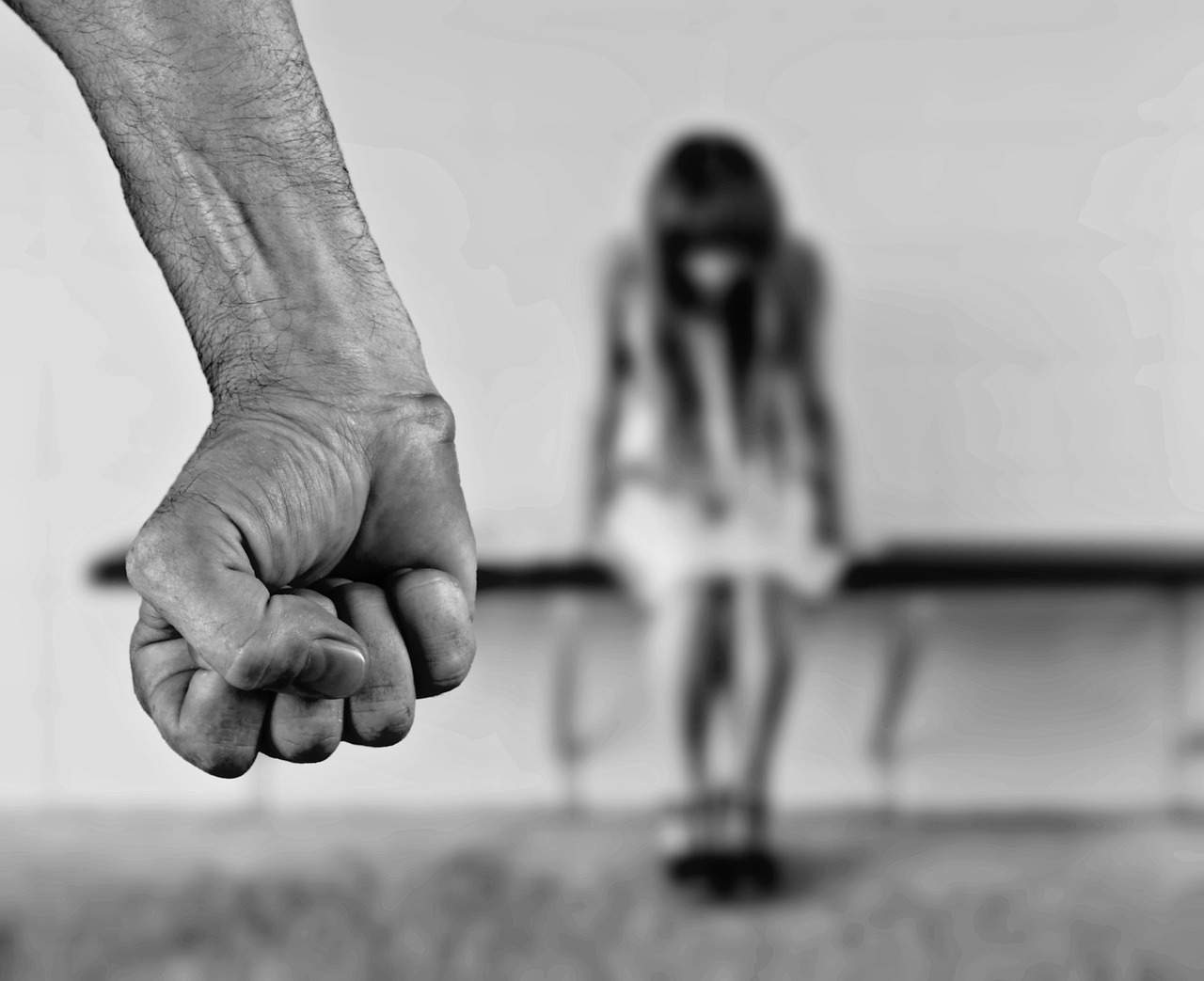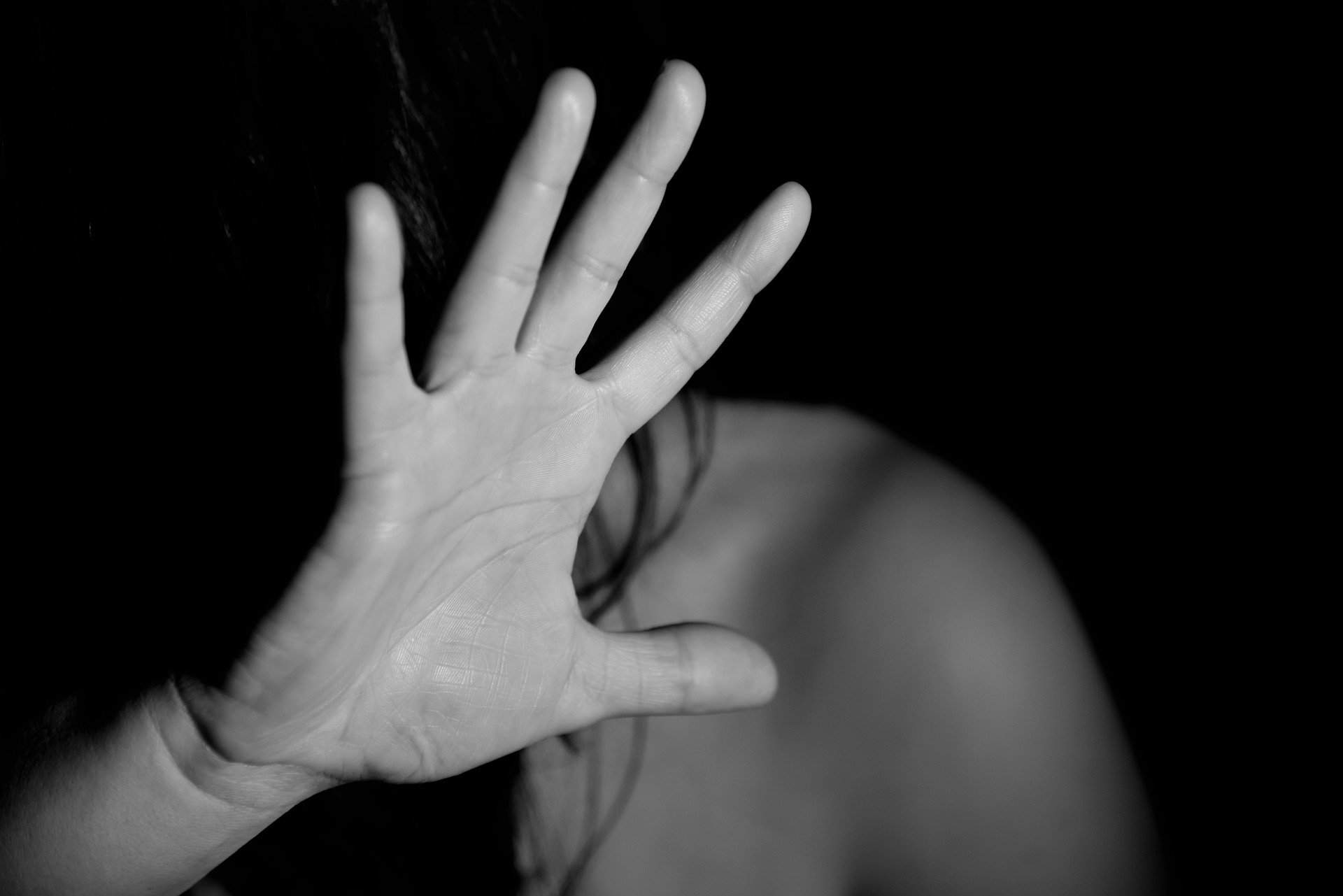Hungary’s most popular women’s magazine: If your husband beats you, just be nicer to him
A column in one of Hungary’s top women’s magazines caused national outrage after they printed being nicer and more patient as “legitimate” advice to a domestic abuse victim. Since then, the magazine came out with a public apology.
Index reports that Chief Editor of Nők Lapja took responsibility and released a public apology stating that from now on, only trained professionals will be allowed to advise people in especially difficult situations.
Nők Lapja (literally means women’s magazine) is a weekly magazine addressing topics that (the editorial staff believes) women tend to enjoy reading. One of the magazine’s contributors is Lilla Koronczay who has a column called Tárd ki a szíved! (Open up your heart!). This column addresses readers’ letters sent to the magazine, usually asking for advice. Koronczay recently gave one piece of advice that caused national outrage.
In the letter, a woman wrote about an incident that happened to her after dinner one night. Namely, that her husband slapped her in front of their children. She writes that her children were terrified, and she can still feel the burning on her face.
In her response to this letter, Koronczay wrote that the reader’s husband must have been feeling low and irritable due to the loss of his job, and he must have regretted his actions already.
Koronczay advised that the wife be nicer and more understanding with her husband and that they should simply try to talk to each other about what happened. Koronczay also claims that as the wife, she should be more understanding because “women tend to be more empathetic than men.”
National media picked the story up immediately. Among the firsts to respond was Vera Mérő, founder of the page called Nem tehetsz róla, tehetsz ellene (It’s not your fault, but you can do something about it). The organisation fights against today’s victim-blaming rape culture. Mérő, amongst many others, found Koronczay’s advice outrageous and immediately addressed the entire magazine in an open letter.
It did not take long until Editor in Chief, Andrea Vékási publicly apologised for the column’s contents. She takes responsibility for the magazine’s mistake of letting someone give advice who was not a trained professional. In the name of the entire magazine, she apologised to everyone.
“The magazine condemns all forms of violence, including domestic violence, let that be emotional, verbal, or physical.” Columnist Lilla Koronczay also personally apologised, and stated that “there is no excuse even for one slap in the face, and violence is intolerable in all cases.”

Read alsoShocking: Domestic abuse kills at least one woman weekly in Hungary
Featured image: Illustration/Pixabay
Source: www.index.hu
please make a donation here
Hot news
What happened today in Hungary – 26 July, 2024
Drama: number of births in a 20-year low in Hungary
Yay or nay? – 6 odd Hungarian delicacies that make our skin crawl
Budapest tourism “exploded” this past weekend
Container transport in Budapest may stop: How will this affect Hungarian economy?
Minister: Hungary will protect its territory by every means possible





3 Comments
Easy to guess which political party Ms. Koronczay supports…
My advice to abused woman is to find a good solicitor and file for divorce.
Beating Criminals beating woman do not stop they do each time more.
The editor of the magazine is mad.
Very true, Ljiliana. However, the woman also needs to feel that there is some support from the authorities, she needs a safe place and protection. No woman who lives with an abusive husband will look for legal help and file for divorce if she has not got a shelter and if she feels that local authorities do not take macho abuses serious. Not to speak of the fact that this is very much a “culture” matter also. School system and state institutions need to put more effort against machism and raise new generations more concerned about gender equality and human rights in general.